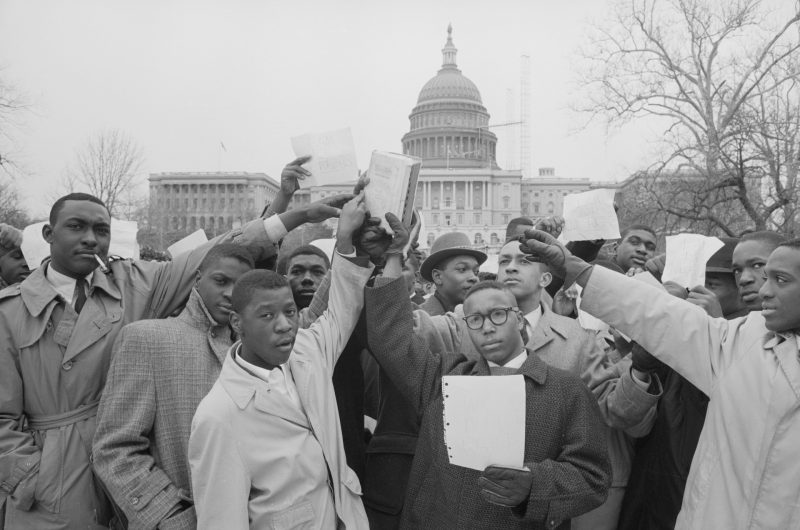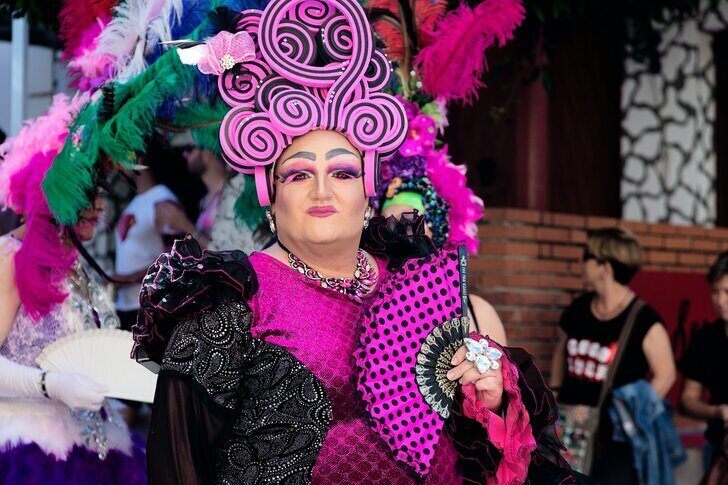Bayard Rustin's story begins in 1912, in West Chester, Pennsylvania. Raised by his grandmother, a Quaker, Rustin was instilled with values of pacifism and social activism from a young age. These early influences shaped Rustin into a passionate advocate for justice. A path that would lead him to become one of the most pivotal figures in the Civil Rights Movement and a pioneering voice for LGBTQI+ rights.
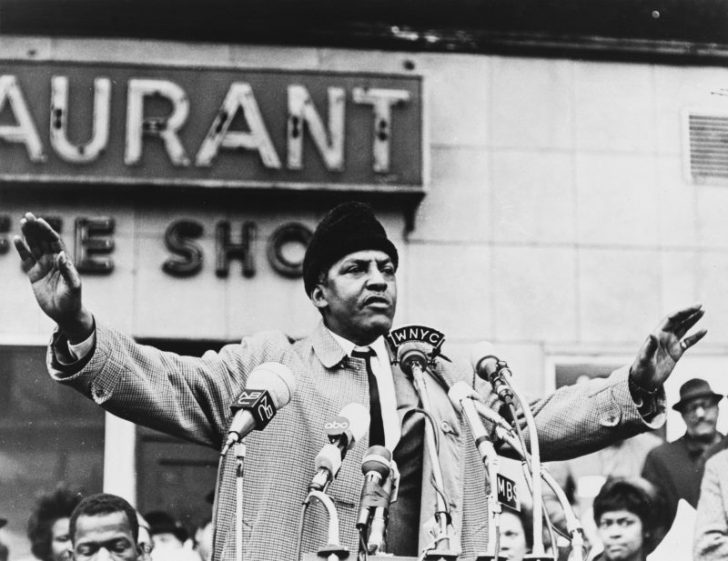
Library of Congress / Unsplash / In honor of Bayard Rustin’s invaluable contributions, Netflix is streaming his biopic called “Rustin.”
Here is a deep dive into the life story of the man who lived unapologetically gay. And that in an era when being gay was considered taboo.
Facing Dual Marginalization
Being Black and gay in the mid-20th century America was akin to walking a tightrope of societal prejudice. Rustin navigated this with remarkable resilience. In an era when homosexuality was criminalized and stigmatized, Rustin was unapologetically open about his sexual orientation. This boldness was both empowering and, at times, costly. Why? Because it made him a target for persecution and discrimination.
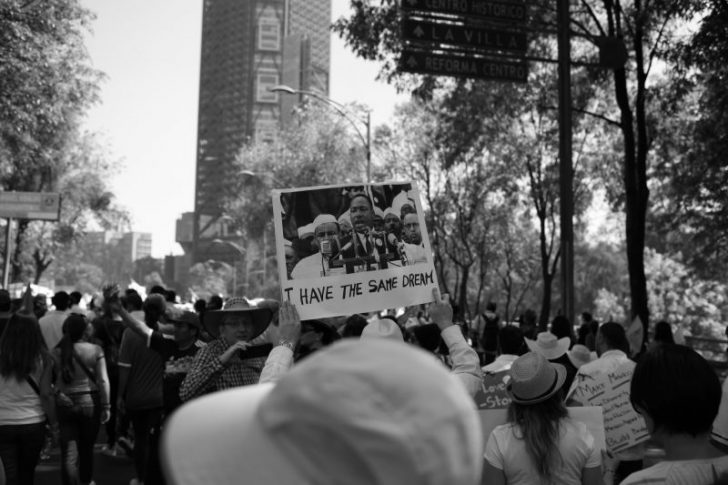
Jeroni / Unsplash / Bayard Rustin was an advisor to Martin Luther King Jr. in the 1960s.
Rustin's genius lay in his strategic mind and organizational skills. He was instrumental in shaping the Civil Rights Movement's nonviolent approach, drawing inspiration from his early influences and the teachings of Mahatma Gandhi.
His role in the planning of the 1963 March on Washington for Jobs and Freedom was pivotal. It was here that Martin Luther King Jr. delivered his iconic "I Have a Dream" speech. Despite his crucial role, Rustin often remained in the background, partly due to fears that his sexuality would be used to discredit the movement.
Navigating the Challenges of the 1950s
The 1950s were a time of intense social conservatism in the United States. Homosexuality was not only taboo. But it was also seen as a threat to the social fabric. In this hostile environment, Rustin's openness about his sexuality was both revolutionary and risky.
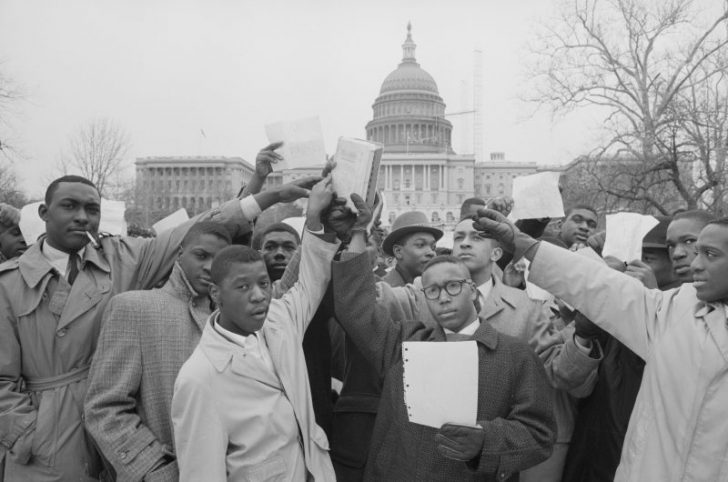
Library of Congress / Unsplash / Bayard Rustin faced numerous arrests and was often criticized by both foes and allies within the civil rights community.
Yet, he persisted, advocating not just for racial equality but also for the rights of the LGBTQI+ community.
Legacy and Recognition
Bayard Rustin's legacy is a complex tapestry of triumphs and struggles. It was not until later in his life and posthumously that his contributions gained broader recognition.
However, in 2013, President Barack Obama posthumously awarded Rustin the Presidential Medal of Freedom. Thus, acknowledging his tireless work and the obstacles he overcame as an openly gay Black man in America.
Parting Thoughts
Bayard Rustin's life journey is a powerful narrative of unapologetic authenticity. His dual identity as a Black gay man made him uniquely positioned to understand and fight against multiple forms of oppression.
So, Rustin's story is not just a chapter in the history of civil rights or LGBTQI+ rights. It is a testament to the enduring spirit of activism and the relentless pursuit of equality for all. Rustin's legacy reminds us that the fight for justice is multifaceted and ongoing, and it requires the courage to live one's truth. Even in the face of adversity.

